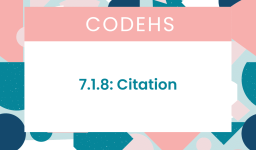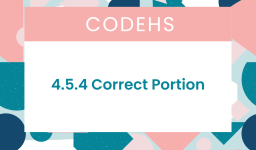The primary focus of NIH’s conflict of interest policy is financial conflicts of interest. However, conflicts can also arise from other interests, such as academic or personal relationships. NIH is committed to ensuring that its extramural research programs are free from bias and undue influence.
This question is a part of the NIHSS answers.
The Federal Government has long recognized the potential for financial conflicts of interest to affect federally-funded research. In 1995, Congress enacted legislation requiring institutions receiving federal funds to establish procedures to identify and manage conflicts of interest. In 2012, NIH issued its own regulations on financial conflicts of interest.
The National Institutes of Health (NIH) Conflict of Interest (COI) policy, particularly concerning financial conflicts of interest (FCOI), is designed to maintain public trust by ensuring that NIH-supported research is conducted without bias and adheres to the highest scientific and ethical standards. The policy revolves around the principle that financial interests should not influence research outcomes.
According to the policy:
- An FCOI is present when an investigator’s significant financial interest could affect the design, conduct, or reporting of NIH-funded research.
- Investigators must disclose all significant financial interests related to their institutional responsibilities.
- Institutions must have an up-to-date, written, and enforced administrative process to identify and manage FCOIs.
- FCOI reports must be submitted to the NIH, detailing how the institution manages and reports these conflicts.
In summary, the FCOI policy ensures that the integrity of the research is not compromised by any financial stake an investigator might have in the outcomes of their research.



